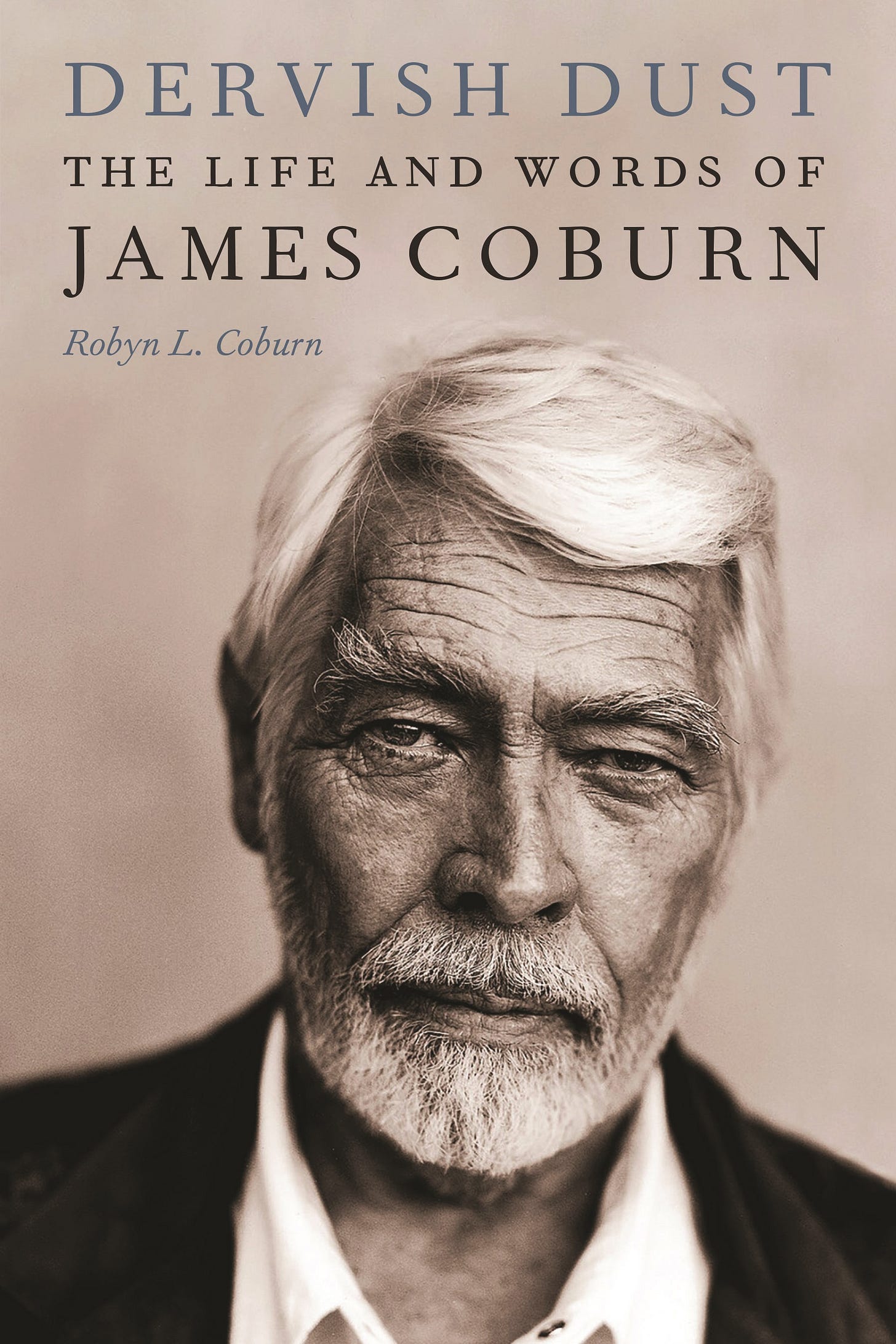How to write great book reviews
Creative Writing Tips
Here’s another vintage-and-updated article. I have a special request to make for my readers at the end.
If you want a baby-steps way into creative writing, try book reviews. They are a great way to practice organizing your thoughts with brevity and clarity.
Perhaps some of you remember writing “book reports” for school, and cringe at the thought of having to replicate that onerous task as adult. But there are several key differences.
You are choosing the material you read for your own pleasure or information.
You are entirely in charge of the length of your critique.
It’s OK to dislike a publication. You don’t have to finish it, and you are free to either write a review including the fact that it didn’t hold your attention, or not bother.
No one else has to read it, unless you choose - although I do challenge you to take that plunge.
If you do publish your review, the criteria that readers apply to judge it are usually “helpful” versus “not helpful”, not “good” versus “bad”. Even a single word can be found helpful. You are not being graded.
Here’s a review I wrote years ago on Amazon. At the time I was so inspired by this author that I couldn’t hold in my desire to tell the world about him.
Seven tips for creating helpful book reviews while enhancing your own creative confidence
Jump start the process by jotting down single words that express your reactions. Add some descriptive words about the characters, or the information. Look for synonyms. It’s OK to use a thesaurus.
Make some notes about genre - this is always a good lead in, especially for fiction.
Use your adjectives as inspiration to generate the first sentence summary with a strong verb (eg “This potboiler mystery thrilled me from first to last”). This may be all that a reader actually reads.
No spoilers! Your middle school teacher was keen to know whether you had actually done the reading, so would encourage you to reveal your knowledge of the story. The readers of reviews generally only want a teaser of the plot, or subject matter. Keep any story outline very brief - shorter than book jacket copy.
Keep it personal. Explain your emotional reaction to the writing. Say why. If you have a conclusion about a book, explain why you believe this.
Limit meta critique (or maybe don’t). If there are egregious factual errors in a supposedly informative book, you do a service when you show them. But if this is a novel, getting picky about facts might be inappropriate. No one really minds that Han Solo mixed his units of measure when he spoke of the Kessel run.
No one likes a grammar snob, but no one likes being pulled out of the story by a succession jarring typos and grammar flubs either. If a book contains errors to the point of absurdity, perhaps your review will get funny.
Goethe
Goethe proposed that all art works be evaluated in the light of three questions.
What was the artist trying to do?
Has the artist succeeded?
Was it worth doing?
It is in the nature of art, including writing, that divining the artist’s intention - interpreting the meaning of any piece - can be challenging. Art enjoins the viewer to collude with the piece to create interpretations.
One could argue that the best art inspires lively debate as to the “true” meaning, or artist’s intention.
As for whether it was worth doing, the answer might be political or personal. The worth of an undertaking might be greater for the artist in his or her journey, than for the viewer or audience.
The apparent message of art pieces will change with time. Perhaps the meaning even of the three questions has changed with time. Goethe died a very old man in 1832. Ideals of beauty and worth have certainly changed. Everyone brings their own past, baggage, life state and personal beliefs to every situation. Your assessment of what you see will always be slightly different from mine.
And now my special request. If you have read my book, Dervish Dust: The Life and Words of James Coburn (Potomac Books, NE. 2021), I would be so grateful if you would write your honest review on Amazon. Having more reviews helps me tremendously in the algorithm. You do not have to have purchased the book from Amazon to write a review there.


